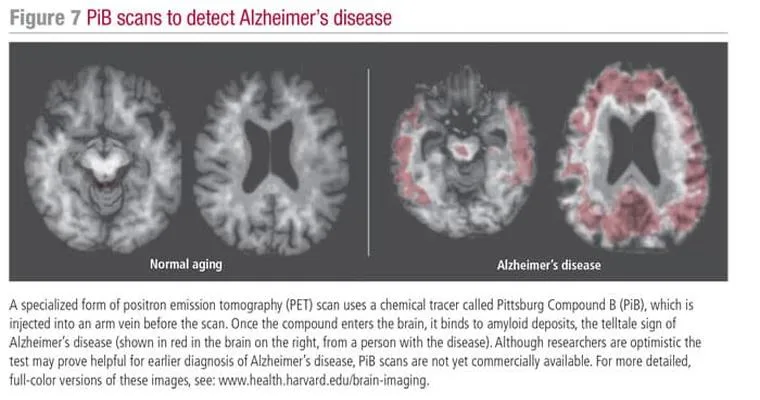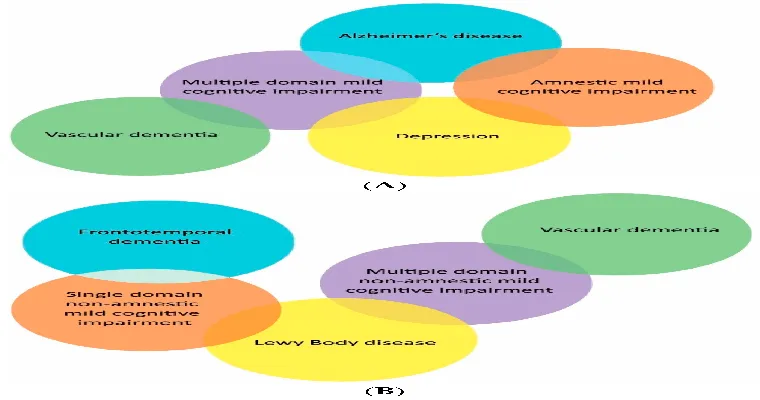Receiving an "Alzheimer’s diagnosis" can be a life-altering moment for both patients and their families. Understanding the implications of this diagnosis is crucial for navigating the journey ahead. After a diagnosis, individuals often face a myriad of questions about treatment options, caregiving strategies, and resources available to support them. This article aims to provide guidance on what to expect and the next steps to take after receiving an "Alzheimer's diagnosis".
Understanding the Diagnosis
The first step after an "Alzheimer’s diagnosis" is to fully comprehend the condition. Alzheimer’s disease is a progressive neurological disorder that affects memory, thinking, and behavior. It is essential for patients and their families to learn about the disease's stages and symptoms. This knowledge can help in planning for the future and managing expectations.
Seeking Medical Guidance
Once diagnosed, patients should maintain a close relationship with their healthcare providers. Regular check-ups are vital for monitoring the disease's progression and adjusting treatment plans as necessary. Patients may be prescribed medications that can help manage symptoms or slow down the progression of the disease. Discussing these options with a neurologist or geriatrician is important for receiving personalized care.
Building a Support Network
A strong support network is essential for anyone diagnosed with Alzheimer’s disease. Family members and friends play a critical role in providing emotional and practical support. Additionally, connecting with local and national support groups can provide valuable resources and a sense of community. Organizations like the Alzheimer’s Association offer educational materials and can help families navigate the challenges of caregiving.
Planning for the Future
After an "Alzheimer’s diagnosis", it is crucial to plan for the future. This includes discussing legal and financial matters, such as creating an advance directive or power of attorney. Having these conversations early can alleviate stress for both the patient and their family later on. It is also wise to explore long-term care options, as the disease progresses and the level of care required may change.
Exploring Treatment Options
While there is currently no cure for Alzheimer’s disease, various treatment options can help manage symptoms. Patients should discuss with their healthcare providers the potential benefits of medications, lifestyle changes, and alternative therapies. Engaging in regular physical activity, maintaining a healthy diet, and participating in cognitive training exercises can contribute to an improved quality of life.
Educating Yourself and Others
Education is a powerful tool when dealing with an "Alzheimer’s diagnosis". Families should educate themselves about the disease, its symptoms, and strategies for coping with its effects. Sharing this knowledge with friends and extended family can foster understanding and support, helping to create an environment conducive to the patient’s needs.
Taking Care of the Caregiver
Caring for someone with Alzheimer’s can be emotionally and physically taxing. It is essential for caregivers to prioritize their own well-being. Taking breaks, seeking respite care, and attending support groups can help caregivers manage stress and avoid burnout. Remember, a healthy caregiver is better equipped to provide the necessary support to their loved one.
Conclusion
An "Alzheimer’s diagnosis" can be overwhelming, but understanding the next steps can significantly ease the journey ahead. By seeking medical guidance, building a support network, planning for the future, exploring treatment options, educating oneself and others, and taking care of caregivers, families can navigate this challenging time more effectively. While the road may be difficult, hope and support are always within reach.





